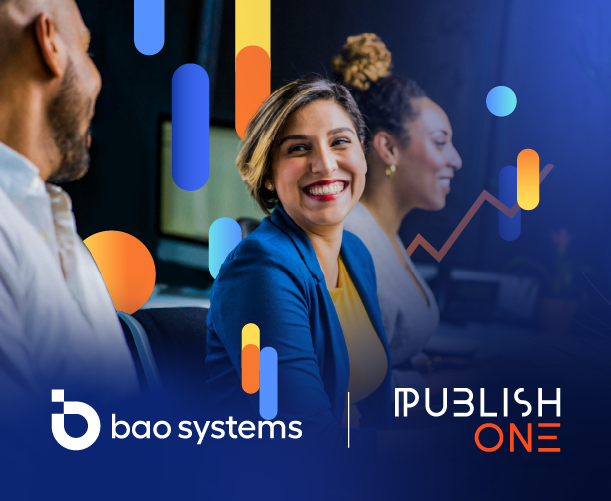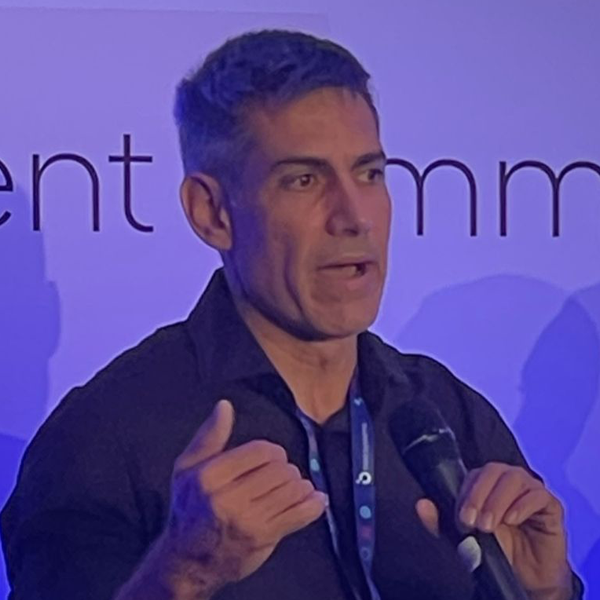
It began with a lemur
12 Jan 2021Harvard researcher uses Dharma Platform as paperless solution for health surveillance in Madagascar’s remote communities.
By Kjerstin Andreasen, Business Operations Manager at BAO Systems

Ring-Tailed Lemur enjoying the nice spring weather
Photo: CC Search
The uniqueness of Madagascar has led some ecologists to refer to the island nation as the “Eighth Continent”. Lemurs, fosas, tenrecs, blue couas and collared nightjars are only a handful of the endemic species found on or in the skies above the “Great Red Island”.
Years ago, on the other side of the globe, a third grade student in the United States did a school project on the ring-tailed lemur. This exotic animal and the country it calls home made such an impression on this young boy that he hungered to learn more. Books and magazines like National Geographic transported him to this far off land and, finally, several years later, he boarded a plane and set his own feet on the red soil of Madagascar.
Dr Christopher Golden, Assistant Professor of Nutrition and Planetary Health at the Harvard TH Chan School of Public Health, never could have predicted how his first trip in 1999 would chart the direction of his life. In 2004, he visited Maroantsetra in northeastern Madagascar for the first time and “became fascinated by the ways in which local Malagasy relied on the forests and the oceans as their grocery stores, hardware stores, pharmacies, and churches.” He recalls “their surrounding environment was critical to their well-being. If the environment was damaged, so too would local people suffer.”
Ideas are like eggs: once hatched, they have wings
The 2004 trip was the genesis of MAHERY (Madagascar Health and Environmental Research), the research organization created by Golden that spanned the intersection of human health and the environment. MAHERY means “strength” in the local language, and just as the Malagasy proverb compares ideas to eggs, over time the Harvard researcher’s agenda transformed into the agenda of the local people and local researchers. The villagers, who rely heavily on wildlife for nutrition, started asking the important questions about how environmental change would affect their own health and lives.
Golden has found that data and interventions are the two aspects of MAHERY’s work that have the greatest impact on lives. By creating an information infrastructure, MAHERY uses quantitative data to tell the stories of the lives that local people experience in Madagascar. Golden says that “without these data, we cannot elevate the local people’s voices so that policy makers removed from these local experiences can adequately inform their decisions”.
MAHERY’s interventions have focused on rural healthcare extension and livestock/food system improvements. Both of these were the result of long-term research so that MAHERY could tailor interventions to local socio-cultural and health contexts.

The MAHERY team in one of their focal research sites
Photo: © Jon Betz/National Geographic
Dharma Platform shoulders data collection burden
In stark contrast to Madagascar’s rich biodiversity, 78% of the Malagasy people live below the international poverty line. Statistics show that the country has one of the highest maternal mortality rates in the world, a 6% death rate for children under 5, and has the fourth highest prevalence of hunger in the world, with malnutrition stunting the growth of more than half the population.
The country’s diverse terrain places a majority of the nearly 28 million inhabitants in one of Madagascar’s 17,000 rural communities. This creates long distances to health care centers and makes public health interventions difficult to deliver. On average there is 1 doctor per 7,000 inhabitants. When a villager requires medical attention, they often need to be carried on a stretcher. Sadly, many do not survive the treacherous journey, succumbing on their neighbors’ shoulders.
MAHERY has been conducting health research and monitoring the health and nutrition of families living in communities in the northeastern Madagascar rainforest. Data is now collected on a small offline tablet powered by BAO Systems’ Dharma Platform.

Photo: © Rebecca Gaal
Golden explains that previously he and his team had been collecting data on paper, transcribing and cleaning the data, and often experiencing long lags before results could be seen. For example, local healthcare clinics collect monthly health data that is handwritten, it is then transcribed, and then sent via e-mail to the Ministry of Health for integration into their databases. This process could take upwards of two to three months.
Seeing the benefits of digital health surveillance, MAHERY initiated pilot research in three communities where they have been conducting health research. It is MAHERY’s hope that the pilot communities using their digital health surveillance powered by the Dharma Platform can pave the path for more efficient data collection and health monitoring.
Crossing the digital bridge
For Golden, going digital has transformed the efficiency of data collection, and the quality of the data post-collection. Dharma’s intuitive interface has enabled his entire team to effectively collect data. The dual language visualizations allow him to read in either English or Malagasy, and his team can conduct field surveys in Malagasy.
This system could be the link between the rural communities and the national Ministry of Health.
Planetary Health Alliance case studies highlighted that “the paperless platform reduces human error and allows for the faster transfer of data. If the pilot proves successful, community health workers across Madagascar could be equipped with a tablet and the health surveillance platform. Not only that, but the health data that’s collected could be paired with climate and habitat mapping data to get a big picture look at how the health of communities is affected by changes to the natural environment.”
Spotlight




